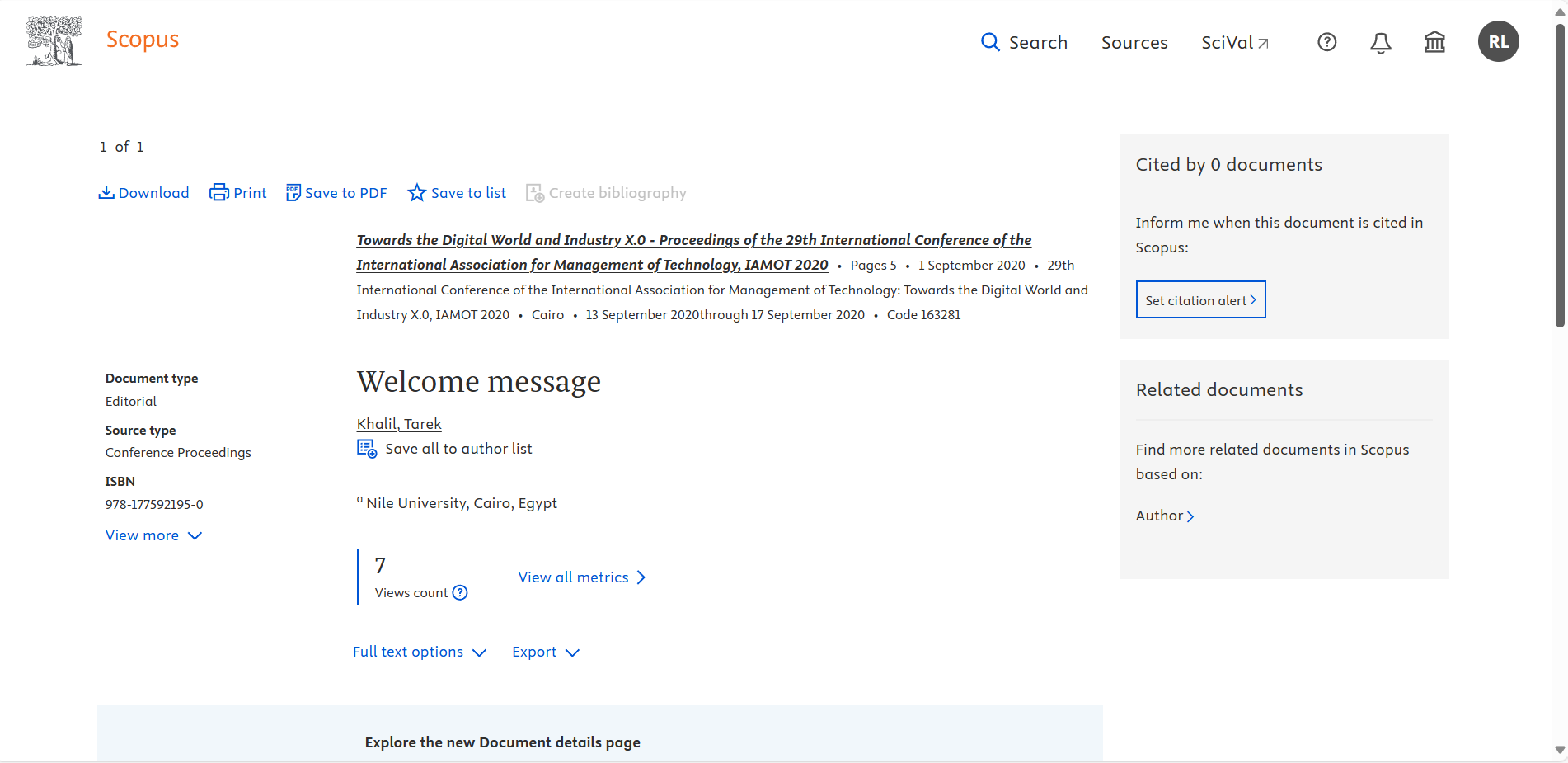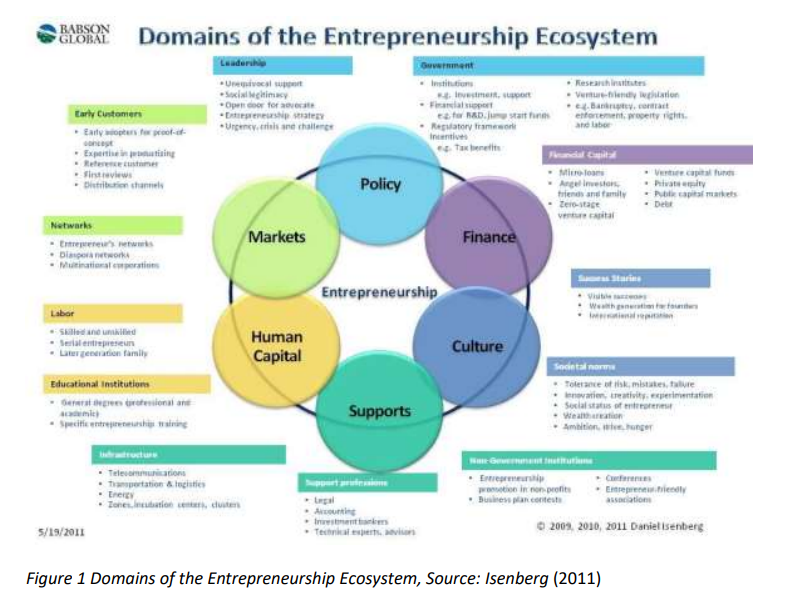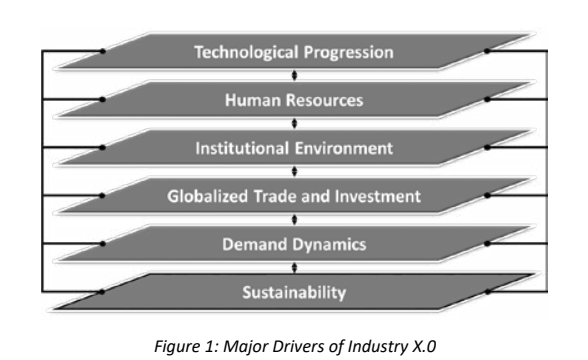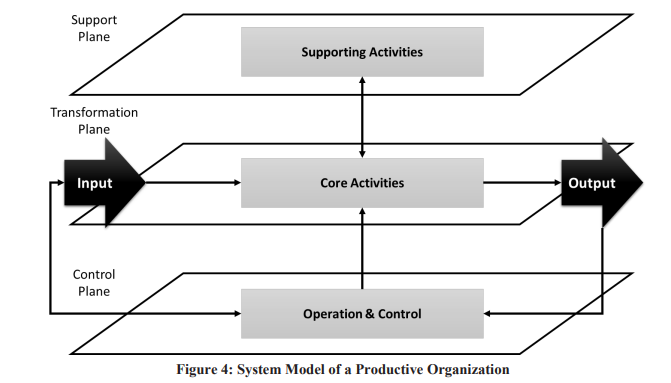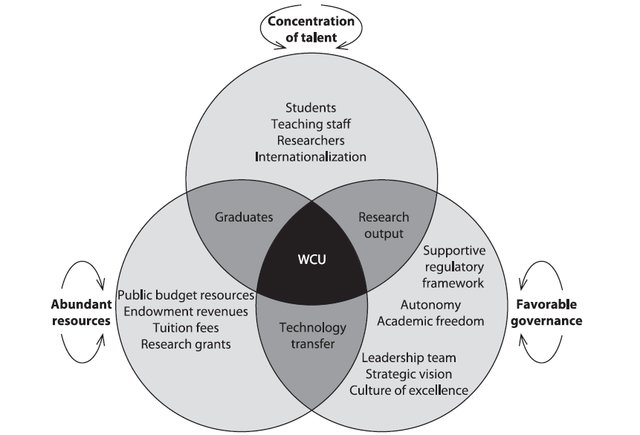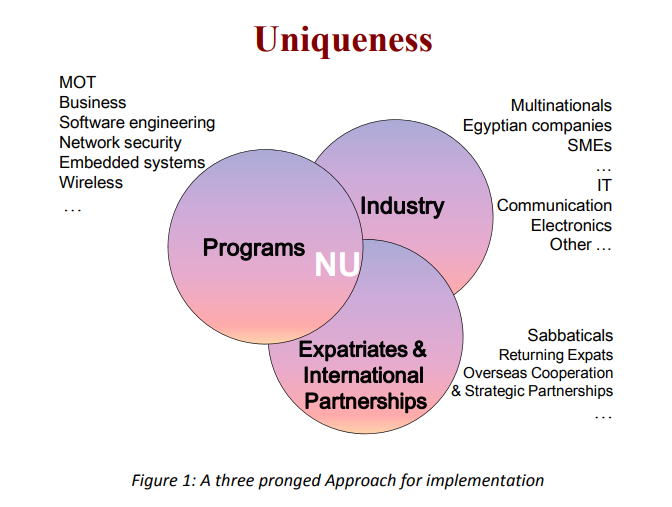
Faculty Building
UB2
Office Number
R
Dr. Tarek Khalil is the Founding President, and the Founding Dean of the Graduate School of Management of Technology (MOT) at Nile University (NU), Egypt. Nile University is considered the first Non-Profit Non-Governmental (Ahleya) University for research and innovation in Egypt. He previously held the position of Professor of Industrial Engineering and Director of the Management of Technology and Occupational Safety and Health programs at the University of Miami. He also held professorships in Biomedical Engineering, Epidemiology and Public Health, and Neurosurgery. His academic experience includes work at the University of Florida, the University of Miami, Texas Tech University, and various institutions around the world, including France, Finland, Guatemala, and Egypt.
Dr. Khalil served as Dean of the Graduate School at the University of Miami. He was also the Chairman of the Department of Industrial Engineering and Director of the Ergonomics Department at the Pain and Rehabilitation Center in the University of Miami Medical School. He is the founder and Chairman of the Board of Directors of the International Association for Management of Technology (IAMOT) for several terms. He has initiated and chaired over 25 international conferences in Management of Technology. Additionally, he is one of the founders of the Quality in Manufacturing and Services at the School of Business Administration at the University of Miami. He was elected as Chairman of the Council of Fellows and Director of the Work Measurement Division at the Institute of Industrial and Systems Engineers (IISE), Vice President of Region 4, Chairman of the Honors and Awards Committee, and a member of the Board of Trustees of the IISE.
In 2002, Dr. Tarek Khalil was selected by the National Academy of Engineering to set the criteria of the Engineer of 2020. He has extensive experience working as a consultant for governments, industries, and educational institutions in the USA, Egypt, France, Finland, Brazil, Japan, Guatemala, Taiwan, Saudi Arabia, and Bahrain. He has also worked with the Fulbright Commission and various United Nations organizations, including UNIDO, UNESCO, and UNDP. He was selected to serve on advisory committees for the Department of Health and Human Services, the National Institute for Occupational Safety and Health, the National Science Foundation, Dade County, Monroe County, Project Hope, and numerous American companies such as IBM, Boeing, Unisys, and Pratt & Whitney. He served as the Senior Editor for the journal "Technovation" and as a member of the editorial board for several international scientific journals in the fields of innovation and Management of Technology. Currently Dr. Khalil is a member of the US ISO TAG TC 279 Innovation Management System.
Dr. Khalil has received numerous national and international awards, including the Award for Technical Innovation In the Industrial Engineering Field, an Honorary Doctorate from Grenoble School of Management in France, an Honorary Doctorate from the National Polytechnic Institute of Lorraine (INPL) - University of Nancy, the Researcher of the Year Award from the College of Engineering at the University of Miami, the David F. Baker Outstanding Research Award in Industrial Engineering, the Phil Carroll Award in Work Measurement from the sivision of Work Measurement from the IISE. Ergonomics Division Award from the IISE, the Paul M. Fitz Award from the Human Factors and Ergonomics Society, and the Jack A. Kraft Award from the human Factors and Ergonomics Society, he also received the Doctor Honoris Cousa from the university of Pretoria. He has authored 15 books and over 350 scientific publications.
Dr. Tarek Khalil has been involved in policy-making related to science, technology, and innovation for many years. In the late 1970s and early 1980s, he participated in Project Hope to develop a comprehensive strategy for education and biomedical engineering in Egypt. He collaborated with Dr. Frederick Betts and Eric Block from the National Science Foundation and the American Council on Competitiveness, as well as Dr. Ritchie Hering from IBM and Dr. Graham Mitchell, Assistant Secretary of the department of Commerce and President Clinton’s Technology Policy Advisor, to promote education and research in Management of Technology (MOT) and established the International Association for Management of Technology.
He and Dr. Mitchell were invited by Dr.Venice Kamel Gouda, Minister of State for Research in Egypt, to present the principles of Management of Technology and Innovation to all managers of research centers and several R&D managers in the industry in Egypt. In 1997, he served as a consultant to the Social Development Fund in Egypt to promote concepts of Management of Technology and Innovation to enhance small and medium-sized enterprises (SMEs). He joined Dr. Hussein El Gammal, the fund's director, to propose to the government the establishment of a national fund for research and development. He was appointed by the Prime Minister of Egypt, Dr. Kamal El-Ganzouri, to the technical group of the Permanent Ministerial Committee for the Transfer and Development of Technology in Egypt (Egyptian Official Gazette).
As President of Nile University, he participated in developing and implementing the research strategy for the Ministry of Communications and Information Technology. He was also a member of the committee that established the Technology Innovation and Entrepreneurship Center (TIEC) at the ministry. Additionally, he was involved in a committee that recommended changes to the Egyptian education system.
He was invited to be a member of the committee to prepare Egypt's Vision 2030 in science, technology, research, and innovation, focusing on establishing a national innovation system and the importance of research and development policies for economic growth, wealth creation, and competitiveness.
At Nile University, he established the Innovation, Entrepreneurship, and Competitiveness Center (IECC), which hosts "Nilepreneurs," the largest initiative to promote the culture of entrepreneurship and support small and medium-sized enterprises (SMEs) in Egypt. The initiative was supported by the Central Bank of Egypt and several affiliated banks, and he served as the Chairman of the Nilepreneurs initiative at its launch.
Dr. Tarek Khalil has received a multitude of awards, honors, and accolades over the past twenty years, including:
- 2025: First Professor in Egypt to receive a Distinguished Professorship in Management of Technology from Nile University.
- 2025: Awarded the Centennial Medal from the University of Miami, USA.
- 2023: Honorary Doctorate in Engineering (Honoris Causa), University of Pretoria, South Africa.
- 2022: Recognition Award, 31st International Conference on Management of Technology in Nancy, France.
- 2011: World Scientist of the Year Award, from the Egyptian Scientists Abroad Association.
- 2008: Honorary Doctorate, Grenoble School of Business, France.
- 2006: Co-Chair of the International Conference on Management of Technology - Beijing, China.
- 2005: General Chair of the International Conference on Management of Technology - UNIDO, Vienna, Austria.
- 2004: General Chair of the International Conference on Management of Technology - Washington, D.C., USA.
- 2003: Recognition Award as Chair of the 13th International Conference on Management of Technology, Nancy, France.
- 2002: Chair of the Fellowship Forum - Institute of Industrial Engineers, USA


